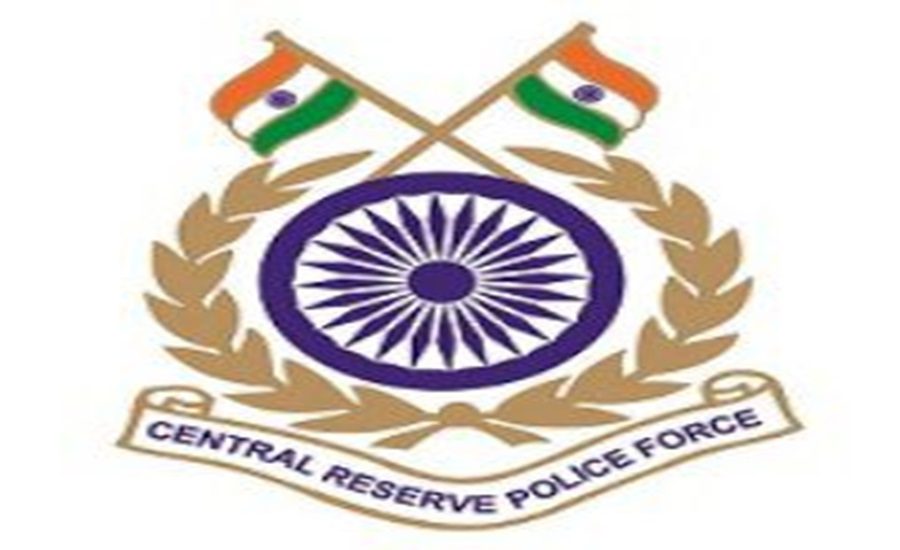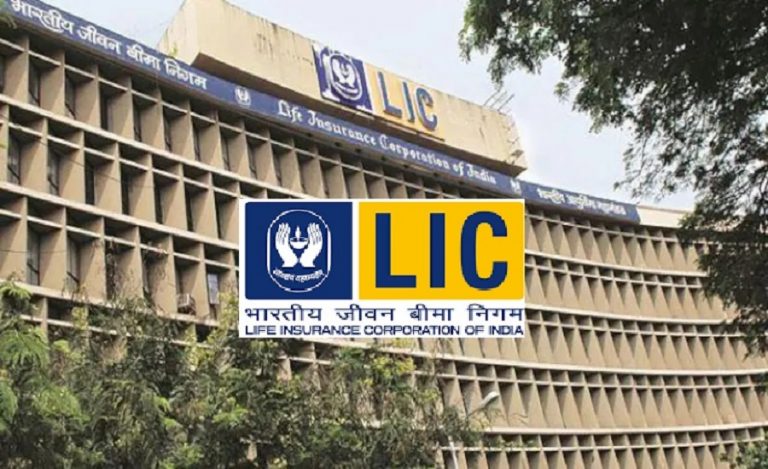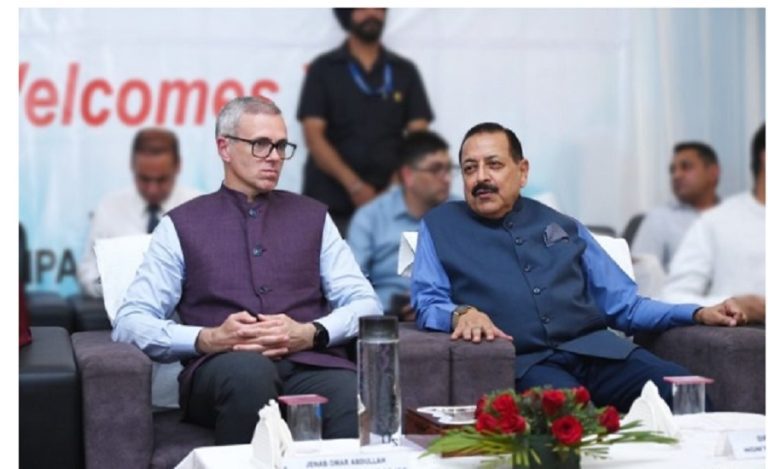New Delhi: In a significant ruling, the Delhi High Court addressed the long-standing grievances of officers of the Central Reserve Police Force (CRPF) relating to seniority fixation and batch placement. The dispute arose when officers from the 38th and 39th Directly Appointed Gazetted Officers (DAGOs) Batch challenged the gradation list prepared under Standing Order 01/2009 and the CRPF Rules, 1955.
The petitioners selected through the UPSC CAPF (Assistant Commandant) Exam-2004 had commenced training with the 38th DAGOs Batch in December 2006. However, due to medical leave (a stress-fracture injury) and absence exceeding 30 days, they were shifted to the 39th Batch in January 2008.
Following this, their seniority was fixed behind those belonging to the 38th Batch and many promoted local officers. When they challenged this seniority fixation many years later—as late as 2017—the Court found delay (of almost six years or more after their representations) and non-impleadment of parties affected by any change. Consequently the pleas were dismissed.
Delhi HC Decision on CRPF Seniority Case
The bench emphasised that “serving the nation deserved better” from the disciplinary authority, as these officers remained in limbo for two decades.
→ It recognised that with significant delay, rights crystalise in favour of those placed earlier — reopening seniority after a reasonable period risks unsettling settled positions.
→ The Court underlined that in service matters, delay and laches are valid grounds for dismissal of claims relating to seniority change.
→ It held that the disciplinary authority’s handling of the matter reflected poorly on administrative fairness and sprinkled ink-on its institutional record.
→ It reaffirmed that implementation of Standing Order 01/2009 and the CRPF Rules was correct in the facts of this case — the medical leave and batch shift were not voluntary absences.
Why the Case Matters & Its Broader Impact
This gives a cautionary note to paramilitary forces and service authorities; delayed justice is justice denied. Even deserving officers must act timely in challenging seniority decisions.
The discipline of batch-wise training and seniority fixation is vital in structured services like CRPF; once a list is finalised and promotions awarded, reopening it disturbs both administration and career expectations.
Read Also: CRPF’s ASI Motiram Jat Arrested for Espionage By NIA! Dismissed from Service – Know the Matter
The judgment reinforces procedural fairness in service law – while authorities must follow rules (Standing Orders, CRPF Rules), they must also act reasonably and not perpetually leave officers in limbo.
- For other CAPF/paramilitary forces: It suggests officers keep track of communications, representations, and decisions; institutional inertia is not in itself a ground to indefinitely delay claims.
- From a policy view: The authorities need to expedite batch transfers, injuries, absences and ensure fair gradation to avoid multi-decade disputes.
Next Steps & What Affected Officers Should Know
- Officers in similar seniority grievances must examine whether their representations were rejected in a timely fashion and whether they implemented all necessary parties (others whose interests would be affected by seniority changes).
- Delay alone can be fatal; courts will likely refuse reopening seniority after a “reasonable period” unless circumstances require.
- Train-batch or service interruptions must be documented: medical boards, service instructions, reasons for shift must be clearly recorded.
- Authorities (CRPF, MHA) must audit their graduation lists, ensure transparency and remedy systemic delays which give rise to such long legal battles.
- For the officers in the case, though the seniority challenge was dismissed, the Court’s strong language condemning the delay may serve as a spur for institutional reform internally.





























